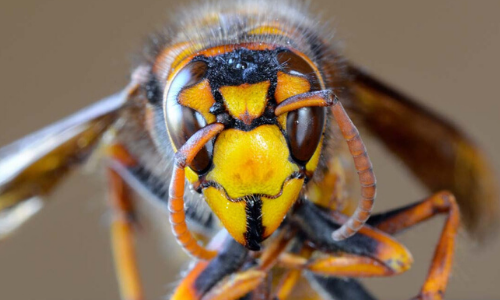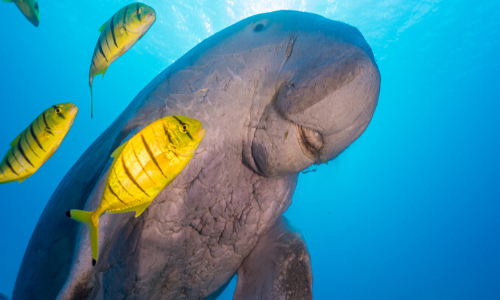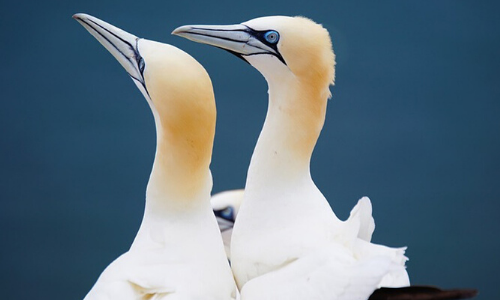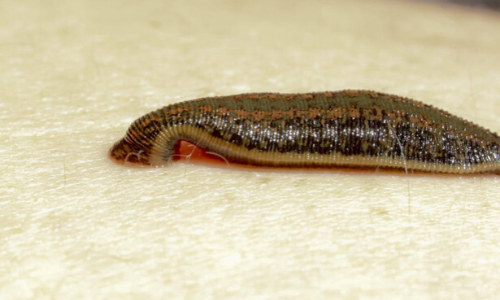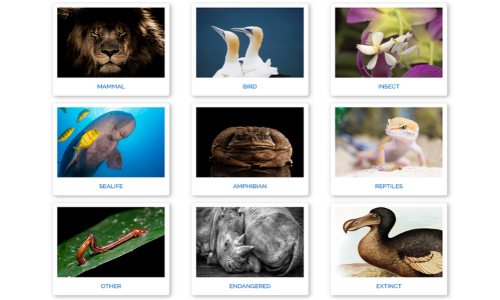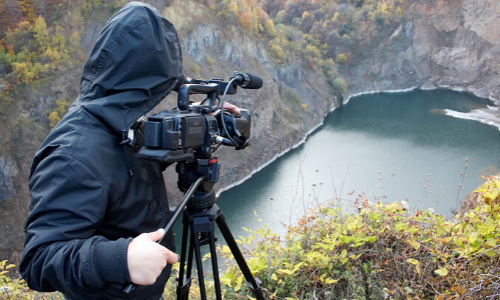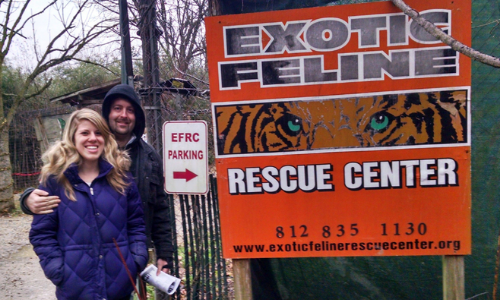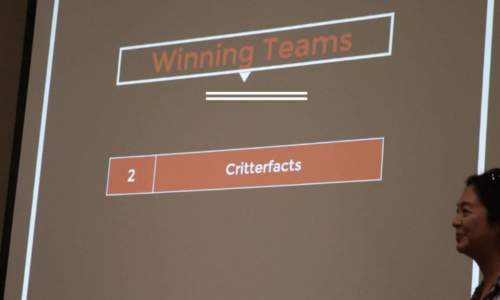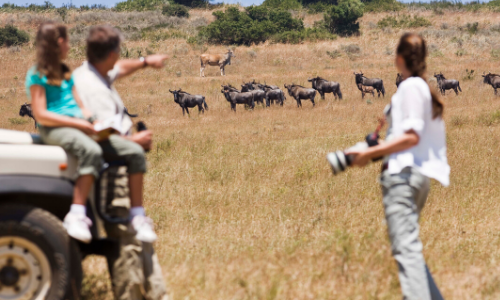
BAD DOG AGILITY PODCAST
The Bad Dog Agility podcast brings you dog agility training tips and discussions. We often interview agility instructors and competitors as well.
EPISODES
photo credit: Great Dane Photos
In this episode (39:13)
In this episode, Esteban and Sarah are joined by Dr. Arielle Pechette Markley, a Sports Medicine and Rehabilitation veterinarian and researcher, to discuss a groundbreaking initiative in dog agility safety: the Coalition for Agility Reporting on Incidents and Safety (CARIS).
We’re excited to share that major agility organizations around the world—including AKC, ASCA, CPE, FCI, NADAC, RKC, UKI, and USDAA—have come together in an unprecedented show of cooperation to support independent, evidence-based research into agility safety. These organizations are contributing data to the Canine Sports Science Consortium (CSSC), led by Drs. Arielle Pechette Markley, Abigail Shoben, Melody Moore Jackson, and Rachel Olson.
The first study of its kind, this project focuses on contact obstacles—specifically the A-Frame, Dog Walk, and Teeter—and aims to identify the relationship between obstacle performance, number of runs, and reported incidents. The initiative was inspired in part by ongoing discussions around Dog Walk safety, including proposals to lower its height or widen the plank.
Join us as Dr. Markley shares how this study came together, what it means for the future of agility, and how judges, trial secretaries, and show organizers can contribute to this collaborative effort. It’s a major step toward making agility safer for all dogs, and we’re thrilled to help spread the word.
You Will Learn
- Why leading agility organizations are uniting to support data-driven safety research
- What CARIS is and how it will collect and analyze obstacle-related incident data
- How current debates around Dog Walk height and width inspired this research initiative
- What role judges, trial secretaries, and handlers can play in shaping the future of agility safety
Mentioned














